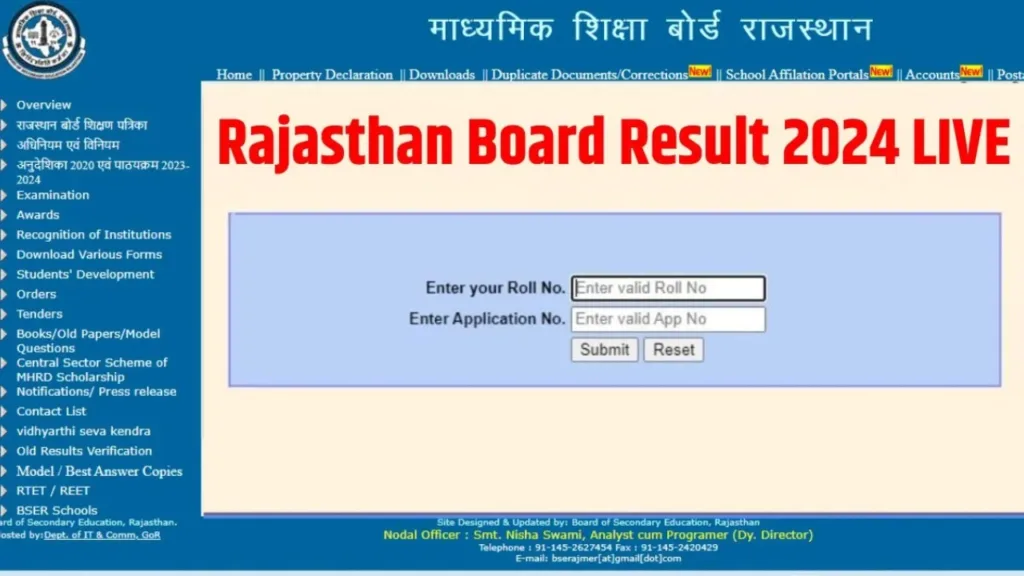The idea of knowing your own demise has long captivated humanity. From ancient oracles to modern fortune tellers, the desire to peek into the future and glimpse our final curtain call remains strong. Now, artificial intelligence (AI) enters the scene, offering a new twist on mortality prediction.
AI systems like Life2vec, developed by researchers in Denmark, utilize complex algorithms to analyze vast datasets of medical records, health sensor information, and even genetic data. By identifying patterns and trends within this information, these AI models can predict the likelihood of death with surprising accuracy. Studies suggest Life2vec can achieve a success rate of 78% within a four-year timeframe.
This newfound ability to predict death has sparked a wave of fascination and concern.
The Power of Prediction
Proponents of AI death prediction hail it as a revolutionary tool for preventative healthcare. Early identification of individuals at high risk of mortality allows for targeted interventions. Doctors can personalize treatment plans, focusing on managing chronic conditions and promoting healthy lifestyle changes. This proactive approach could potentially save lives and improve the overall quality of life for those facing health challenges.
Beyond the Body: A Look at Lifestyle
AI death prediction goes beyond just medical data. The model can also analyze social determinants of health, like socioeconomic status and access to healthcare. This sheds light on how external factors can influence mortality rates. By understanding these connections, policymakers can develop strategies to address social inequalities and improve overall population health.
The Ethics of Knowing
However, the ability to predict death comes with a heavy ethical burden. Imagine the psychological impact of being told you have a high chance of dying within a specific timeframe. Fear, anxiety, and even depression could be significant concerns.
Uncertainties and Limitations
The accuracy of AI death prediction models also remains a point of discussion. 78% is impressive, but it’s not perfect. These models rely heavily on the quality and completeness of the data they are trained on. Additionally, unforeseen events, accidents, or sudden changes in health can render predictions obsolete.
Privacy Concerns and Data Security
The vast amount of personal data needed to train AI death prediction models raises significant privacy concerns. Ensuring the security of this information and preventing misuse is paramount.
The Future of AI and Mortality
Despite the ethical and technical challenges, AI death prediction represents a significant step forward in healthcare. As the technology matures and limitations are addressed, it has the potential to become a valuable tool for preventative medicine and personalized healthcare management.
The ultimate goal shouldn’t be to predict the exact date of death, but rather to empower individuals to make informed choices about their health and well-being. If an AI model can nudge someone towards a healthier lifestyle or alert healthcare professionals to potential risks, then it has served its purpose. The future of AI and mortality prediction likely lies not in pronouncements of death dates, but in providing valuable insights to help us live longer, healthier lives.













